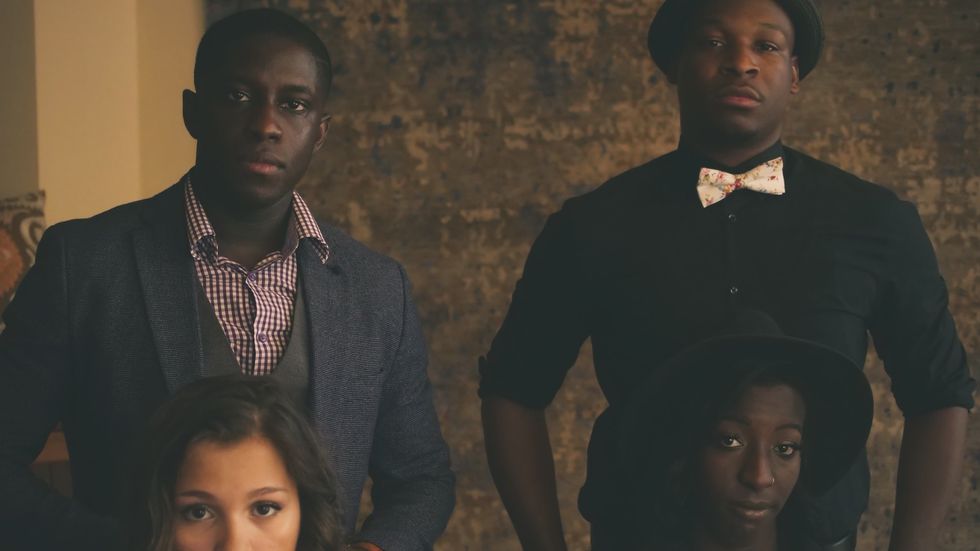Don't write gay characters as your main if you aren't gay, shit like that.
I get it, you really want to support X group. It could be the LGBTQ+ community, people of color, autistic people or any other group. But there's a line between supporting a group and talking over them. I've seen way too many instances where straight people portray gay main characters in media, or able-bodied people portray disabled people.
While it's great that you want to support them, you need to ask yourself why you aren't letting people in the group lead the conversation.
Have you ever told a disabled person how to refer to themselves, such as using person-first language instead of identity-first language, even though you are not disabled? Or told a person of color what is racism and what isn't, even if you're white? Have you told a trans person that they don't conform well enough for you to consider them the gender they say they are, even though you aren't trans?
Well, I have news for you: it's time to stop.
You might have done a ton of research on a subject, but you will still never know the experiences of a person who actually is inside that group. You can advocate for them all you'd like, but you shouldn't be the spokesperson for a group you aren't in. Don't lead the march if you aren't in the group. You can be there, but you aren't the one who gets to decide and lead the group.
"Well, I just won't help out at all then!" You might be saying. You can say that all you'd like, but I want you to realize how ignorant you sound. "If I can't control the group, I don't want them supported! If I can't be recognized for doing a good thing, I won't do it!"
That's what we're hearing whenever you say that.
You are likely more than capable of seeing where that line is drawn, and if you aren't, there's a secret: ask. Ask a member of the group you want to support, or better yet, ask many.





 mr and mrs potato head
StableDiffusion
mr and mrs potato head
StableDiffusion










